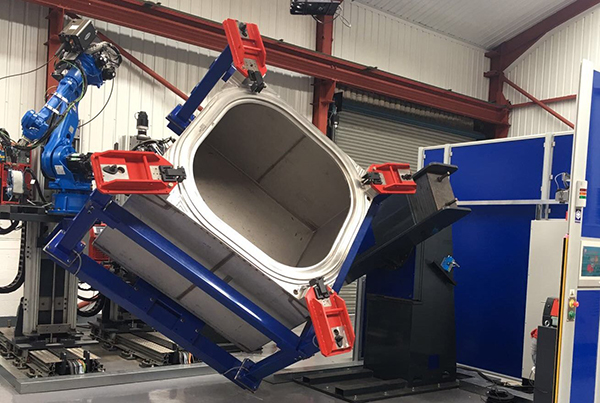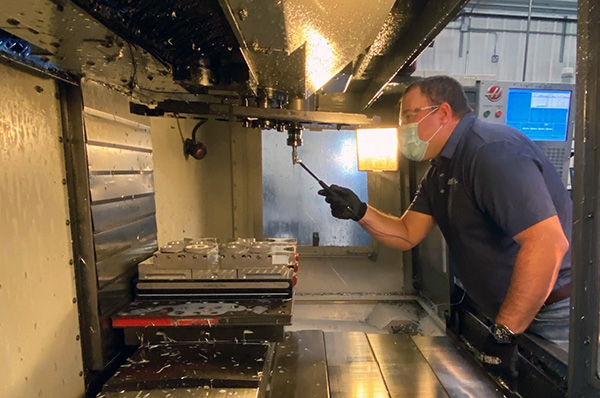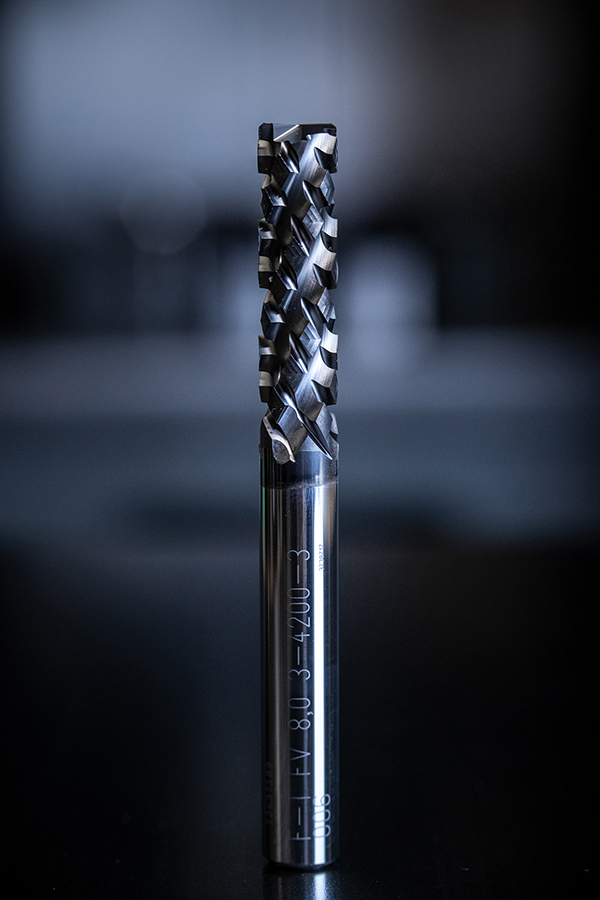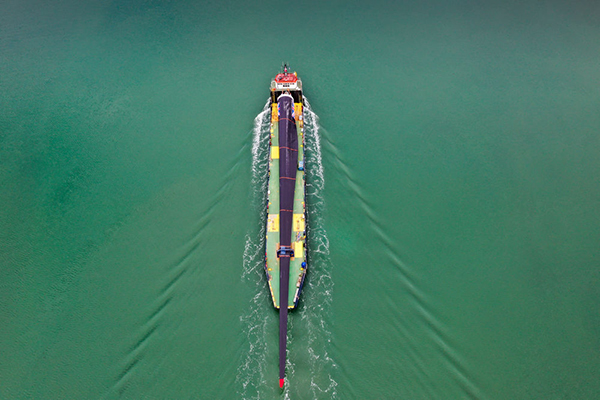
The manufacturing and internal machining of small parts requires precise quality tools, such as Kyocera’s EZ Bar series, which now includes a new item: the EZBF is able to undertake a one-shot boring process including a 90° step.
According to Kyocera, the EZ Bar series is suitable for high-quality products due to its minimal deviation, longer tool life and advanced machining efficiency when compared with conventional tools. Especially with its proprietary EZ adjust function, high-precision indexing is said to be easier than ever: a wide variety of ID processes is possible – boring, back turning, grooving, facing and even threading – just by changing one tool. The latest addition to the line-up even allows for hole bottom face-finishing processes.
For an even better finish, the EZ Bar can combine with the new PR1725, a PVD-coated carbide grade. This original development of Kyocera – named MegaCoat Nano Plus – tackles several customer challenges at once: producing a better surface finish; providing a cost-effective solution with a long tool life; and integrating tools for steel and stainless steel. With its wear and adhesion resistance, the tool also results in reduced cracking while machining.
To give customers more and better machining possibilities, the EZ Bar line-up is constantly expanding. For instance, EZ Bar 45° Chamfering and EZ Bar Copying types are in the pipeline for release this summer to help address an even wider variety of applications.
For further information
www.kyocera.co.uk























